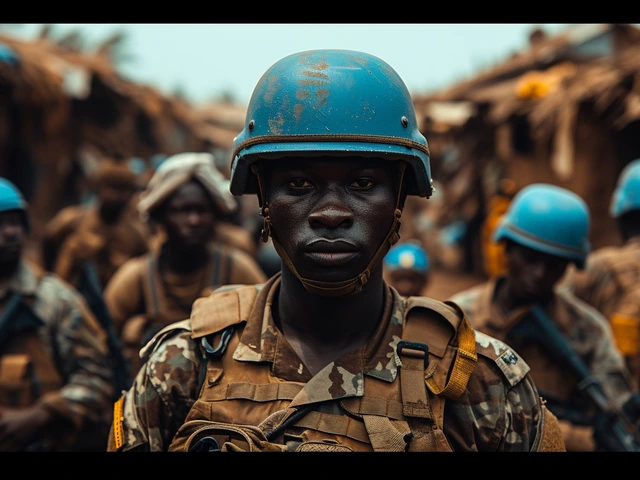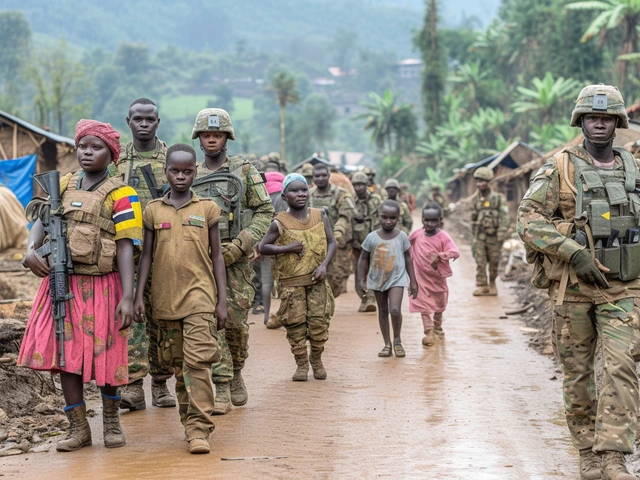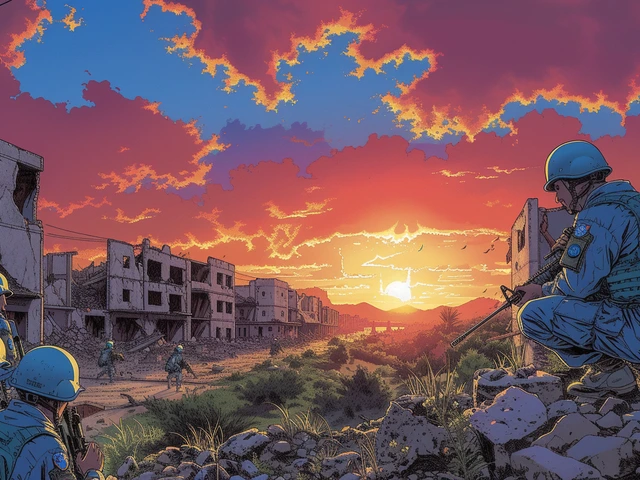Understanding the Foundation of Peacekeeping
At its core, peacekeeping is about creating conditions for lasting peace, a mission both noble and complex. Throughout history, humanity has been embroiled in conflicts that seem insurmountable, only to find pathways to reconciliation and peace. These successes are a testament to human resilience, an innate ability to overcome adversity through cooperation, understanding, and strategic conflict resolution. Peacekeeping efforts are often led by international organizations, particularly the United Nations, which plays a pivotal role in deploying peacekeeping forces to regions in turmoil. These forces, composed of soldiers, police officers, and civilian personnel from various countries, work under a mandate to protect civilians, assist in political processes, and help parties in conflict achieve peace.
The history of peacekeeping dates back to the aftermath of World War II, an era that demanded innovative approaches to ensure global peace and security. The United Nations, established in 1945, was at the forefront of these efforts, navigating the Cold War tensions and addressing post-colonial conflicts. Peacekeeping missions have since evolved, adapting to the changing dynamics of global conflicts. Key to their success is the principle of impartiality; peacekeepers must not side with any of the parties involved. This neutrality helps in establishing trust among conflicting parties, a crucial step towards achieving peace.
Strategies for Effective Peacekeeping
Effective peacekeeping requires more than the deployment of forces; it demands a comprehensive strategy that addresses the root causes of conflict and fosters an environment conducive to peace. One of the key strategies is preventative diplomacy, aiming to resolve disputes before they escalate into violence. This involves negotiation, mediation, and confidence-building measures. Another critical aspect is the protection of civilians, ensuring they are safeguarded from the direct impacts of conflict, including violence, displacement, and human rights abuses. This is often the most visible aspect of peacekeeping missions and is vital for maintaining the legitimacy of the peacekeeping mandate.
In recent years, the concept of 'building peace' has gained prominence, focusing on supporting political, economic, and social structures that underpin a peaceful society. This long-term approach recognizes that peace is not merely the absence of conflict but the presence of justice and equality. Efforts in this area include supporting free and fair elections, reforming security sectors, and promoting the rule of law. Such comprehensive approaches require collaboration between peacekeeping missions, the governments of the countries involved, and a range of international and local partners. The challenges are immense but so too are the opportunities for lasting peace.
The Role of International Cooperation in Peacekeeping
International cooperation is the backbone of peacekeeping. No single country or organization can address the complex web of factors that contribute to global conflicts. Effective peacekeeping missions rely on the collective efforts of member states, who contribute troops, resources, and political support. The United Nations Security Council plays a critical role in authorizing peacekeeping missions, determining their mandates, and overseeing their implementation. However, the success of these missions also depends on regional organizations and non-governmental organizations that work on the ground to implement peacebuilding measures.
Financial contributions from member states are crucial for funding peacekeeping operations. Yet, the effectiveness of these operations is not solely dependent on financial resources but also on political will and strategic insights. The challenges of peacekeeping are continually evolving, requiring adaptive strategies and innovative solutions. In this context, the sharing of knowledge and best practices among countries and organizations becomes invaluable. International forums and conferences provide platforms for dialogue and collaboration, enhancing the collective capacity to respond to emerging global security challenges.
Real-Life Examples of Peacekeeping Successes and Challenges
Examining real-life examples of peacekeeping helps to appreciate the complexities and achievements of these efforts. One notable success story is the UN mission in Liberia (UNMIL), which helped to end a brutal civil war and supported the country's path toward peace and democracy. Through disarmament, demobilization, and reintegration programs, UNMIL addressed the root causes of the conflict, while aiding in the reconstruction of the nation's security and governance structures. However, peacekeeping efforts are not always successful. The situation in Darfur, Sudan, presents significant challenges, with ongoing violence and displacement despite a large peacekeeping presence. This underscores the limitations of peacekeeping in the absence of a cohesive political solution and the persistent challenges of protecting civilians in conflict zones.
The journey of peacekeeping is one of hope and perseverance. Each mission carries lessons for the future, highlighting the importance of adaptability, community engagement, and addressing the socio-economic factors that fuel conflicts. As the world continues to navigate through tumultuous times, the essence of peacekeeping – fostering human resilience through cooperation and understanding – remains a beacon of hope. It's a reminder that peace is possible, even in the face of seemingly insurmountable odds.








Write a comment